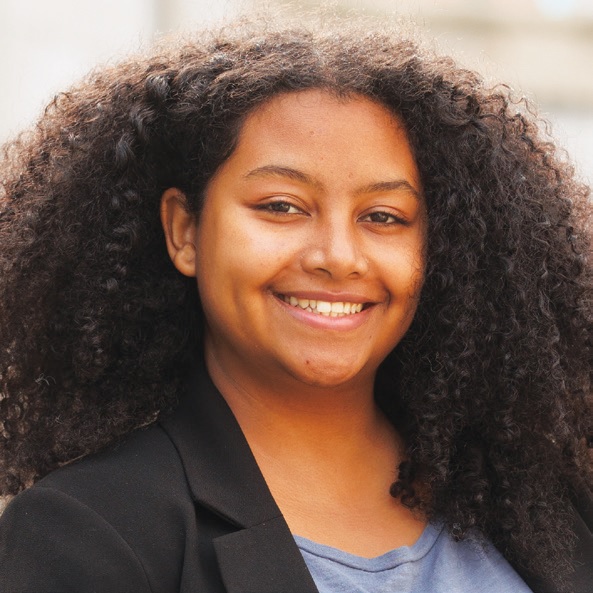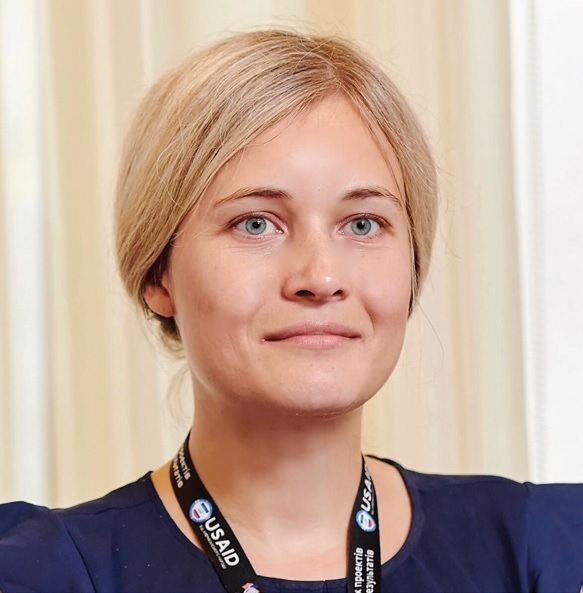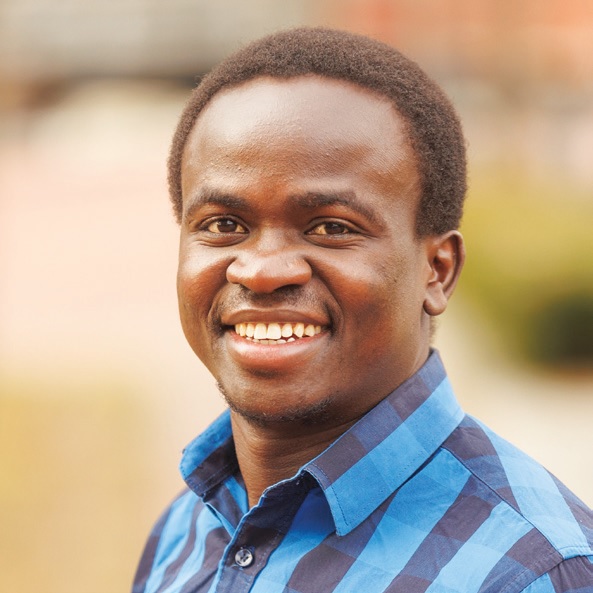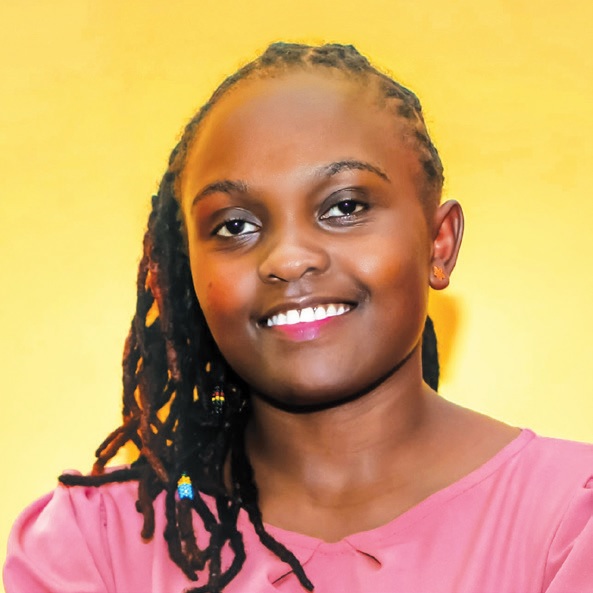At least 145 hours of applied public health learning experience are required for the Brown MPH. These practical projects—tailored to advance each student’s unique skills, interests, and passions— provide invaluable hands-on experience, across the State of Rhode Island and across the world, while serving local and global partners engaged in critical frontline public health work.
Learning global health during a global health emergency
Serving local and global partners engaged in critical frontline public health work.
Tsion Armidie
Ethiopia
 A second year MPH student concentrating in epidemiology, Armidie spent last summer working at the Addis Ababa Cancer Registry, the only cancer registry in Ethiopia. She worked to collect breast cancer recurrence and survival data in the capital city, and to document experiences of cancer patients—from diagnosis and treatment to survivorship or mortality—in order to inform cancer care and control programs in the city.
A second year MPH student concentrating in epidemiology, Armidie spent last summer working at the Addis Ababa Cancer Registry, the only cancer registry in Ethiopia. She worked to collect breast cancer recurrence and survival data in the capital city, and to document experiences of cancer patients—from diagnosis and treatment to survivorship or mortality—in order to inform cancer care and control programs in the city.
As Armidie worked to ensure data collection was as complete as possible— despite paper-based medical charts, missing contact information, and sometimes reluctant relatives—she found having rapport with patients, next of kin, and colleagues crucial for overcoming challenges.
“Having a good relationship with your team, making sure you take time to get to know your partners, building relationships, networking, and listening to their needs are essential. Communicating exactly what you hope to accomplish is vital. Your team knows best about what works well in their setting.”
Yuliia Sereda
Belarus
 Sereda came to Brown from Ukraine, an already seasoned public health professional. She spent the summer working in Ukraine for the World Health Organization Regional Office in Europe. As part of the Tuberculosis Research Initiative, she worked virtually, designing a protocol for a study on tuberculosis screening for patients with COVID-19 in Belarus, facilitating the IRB application, and conducting data analysis.
Sereda came to Brown from Ukraine, an already seasoned public health professional. She spent the summer working in Ukraine for the World Health Organization Regional Office in Europe. As part of the Tuberculosis Research Initiative, she worked virtually, designing a protocol for a study on tuberculosis screening for patients with COVID-19 in Belarus, facilitating the IRB application, and conducting data analysis.
“The COVID-19 pandemic had a significant impact on the work of the tuberculosis programs in 2020. Reduced attendance to tuberculosis diagnostic services and reassignment of tuberculosis personnel for the COVID-19 response have been widely reported. Belarus reported a 33% decrease in tuberculosis notifications during 2019–2020, with over half of the beds in tuberculosis hospitals repurposed for patients with COVID-19.
“In April 2021, Belarus introduced tuberculosis screening among patients with severe COVID-19. Both diseases share some symptoms, and the two pandemics may overlap. Preliminary data analysis showed that about one in ten patients with severe COVID-19 were co-infected with tuberculosis. This finding is alarming and highlights the need for joint COVID-19 and tuberculosis screening.
“COVID-19 response is a number one priority everywhere, but other diseases are still here. It’s crucial to ensure that health services for tuberculosis are maintained, and we do not diminish the gains of previous years.”
William Ochieng
Kenya
 A second year MPH student from Kenya concentrating in global health, Ochieng spent last summer at AMPATH’s Cervical Cancer Screening and Prevention Program in Eldoret, Kenya working at a clinic in Uasin Gishu County Referral Hospital. He educated women seeking healthcare services, focusing on the importance of routine screening, prevention/control, and treatment, and participated in cervical cancer screening and treatment, as well as in data collection. The pandemic, Ochieng found, besides causing supply shortages, exacerbated the already low uptake of cancer screening services.
A second year MPH student from Kenya concentrating in global health, Ochieng spent last summer at AMPATH’s Cervical Cancer Screening and Prevention Program in Eldoret, Kenya working at a clinic in Uasin Gishu County Referral Hospital. He educated women seeking healthcare services, focusing on the importance of routine screening, prevention/control, and treatment, and participated in cervical cancer screening and treatment, as well as in data collection. The pandemic, Ochieng found, besides causing supply shortages, exacerbated the already low uptake of cancer screening services.
“Due to fear of COVID-19 infection here was a reduction in the number of women coming to the health facility for cervical cancer screening. More patients who had been diagnosed with precancerous lesions/cervical cancer were lost to follow-up.
“Health facilities have always been a source of hope during health crises, but the fear of COVID-19 infection has made people shy away from seeking healthcare services. The pandemic has exposed faults in our public health systems and highlighted the need for increased investments in preparedness and response to future public health crises.”
Faith Okaalo
Kenya
 Okaalo, a second year MPH student in the global health concentration, was born and raised in Kenya. She spent last summer at AMPATH’s Cervical Cancer Screening and Prevention Program in Eldoret, Kenya working at a clinic screening patients, collecting, entering, and analyzing data, and conducting health education for cervical cancer patients.
Okaalo, a second year MPH student in the global health concentration, was born and raised in Kenya. She spent last summer at AMPATH’s Cervical Cancer Screening and Prevention Program in Eldoret, Kenya working at a clinic screening patients, collecting, entering, and analyzing data, and conducting health education for cervical cancer patients.
She saw the complex reasons that led to loss of follow-up for many cervical cancer patients, who, due to gaps in screening, are often diagnosed at a late stage. “The news of cancer diagnosis in Kenya is so devastating because the cost of treating cervical cancer is far above the
reach of many individuals. COVID-19 further worsened the situation as many patients hesitated to seek care because of the fear of contracting the virus.
“The COVID-19 pandemic disproportionately affected those who have the least. In Kenya the pandemic had devastating impacts on the most vulnerable individuals struggling with health and poverty.
“I have always wanted to help improve people’s lives and serve communities. Public health provides that opportunity and helps us to understand the world better as it allows us to think beyond individuals to populations at large and how we can improve health and quality of life.”